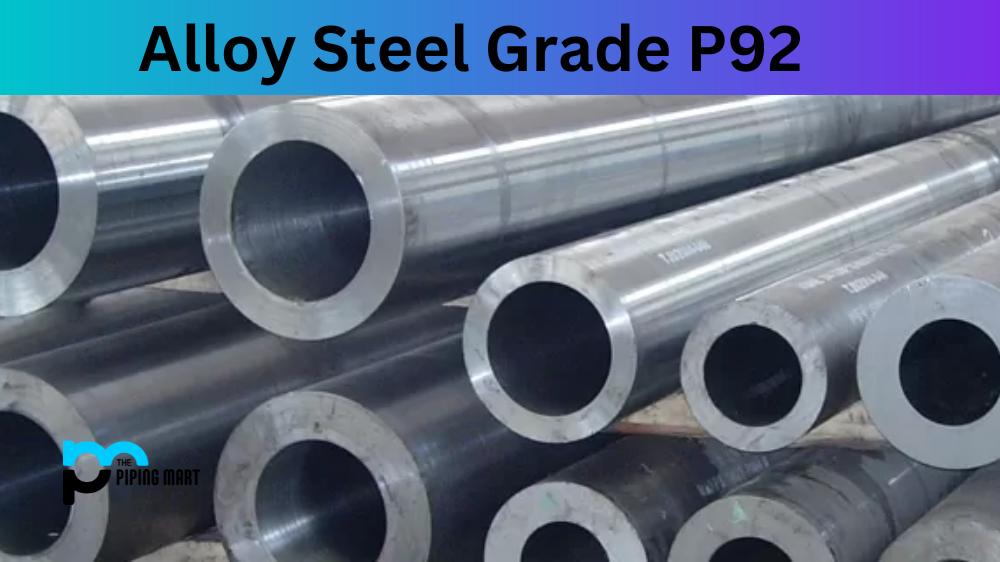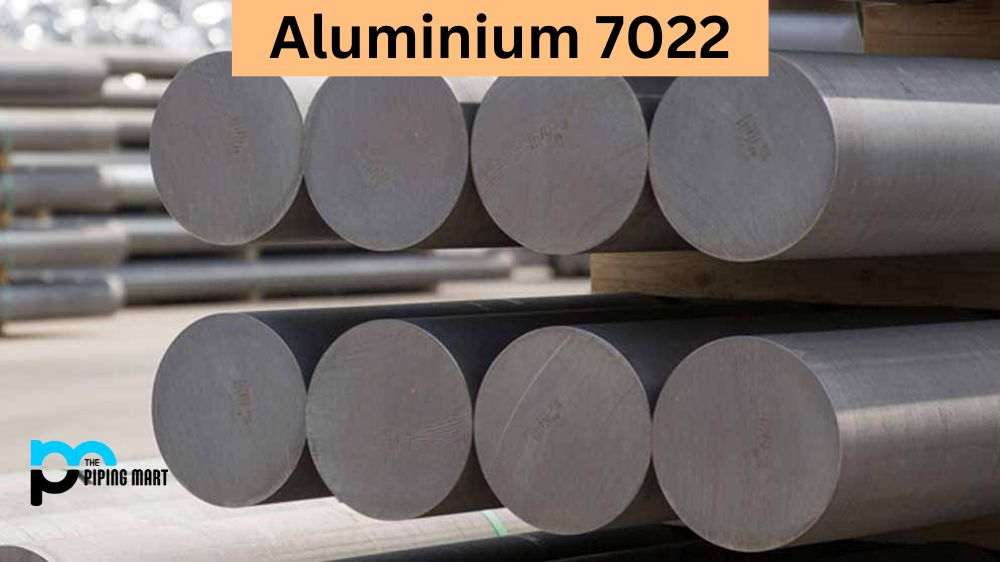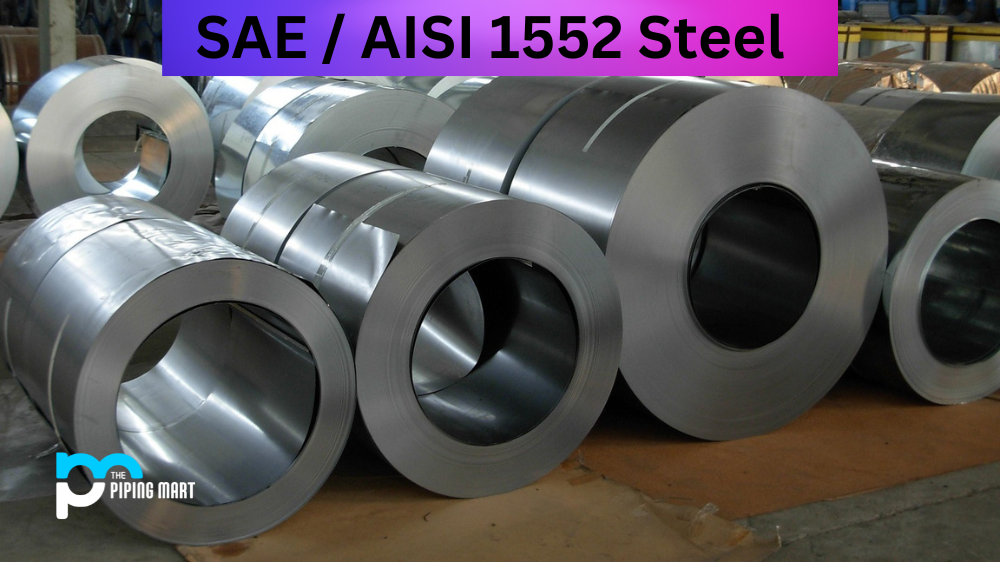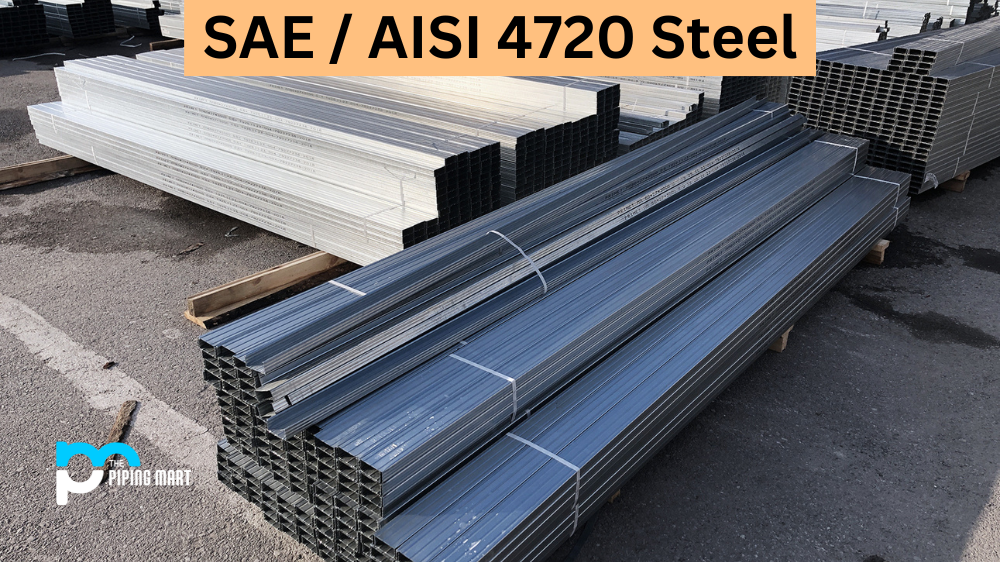ASTM A335 P92 is a type of steel alloy commonly used in producing power plants and other industrial applications. It has a higher chromium content than other alloys, making it more resistant to corrosion, heat, and wear. It is also highly machinable and weldable. This blog post will take a closer look at the composition, chemical properties, mechanical properties, physical properties, uses corrosion resistance, heat resistance, heat treatment, machining and welding of alloy steel grade P92.
P92 Material Composition
Alloy steel grade P92 contains 8% chromium for added durability and strength. It also has 0.07-0.13% carbon for better hardness and tensile strength. It also contains small amounts of molybdenum (0.45-0.65%), silicon (0.2-0.3%), manganese (1-1.5%), nickel (1%) and vanadium (0.02%).
| Element | Carbon | Manganese | Phosphorus | Sulfur | Silicon | Chromium | Molybdenum | Others |
|---|---|---|---|---|---|---|---|---|
| Content, % | 0.07-0.13 | 0.30–0.60 | ≤0.020 | ≤0.010 | ≤0.50 | 8.50-9.50 | 0.30-0.60 | * |
P92 Chemical Properties
The chromium content in alloy steel grade P92 gives it excellent corrosion resistance against various acids as well as alkaline solutions like sodium hydroxide and potassium hydroxide solution up to temperatures of 1000°F (538°C). It also has good oxidation resistance up to 2200°F (1204°C).
P92 Mechanical Properties
ASTM A335 P92 has an ultimate tensile strength of 85ksi (583MPa) with a yield strength of 60ksi (414MPa). Its elongation at break is 20%. It has excellent fatigue strength when compared to other steels due to its high chromium content, which helps make it resistant to cracking under cyclic loading conditions such as those seen in heavy machinery operations.
| Tensile Strength, min. | Yield Strength, min. | Elongation %, min. | |||
|---|---|---|---|---|---|
| ksi | MPa | ksi | MPa | Longitudinal | Transverse |
| 90 | 620 | 64 | 440 | – | 20 |
P92 Physical Properties
This type of steel has a density of 0.284 lb/in³ or 7800 kg/m³, which makes it lightweight compared to other steel alloys but still strong enough for industrial use cases where weight savings are essential factors in design considerations.
P92 Equivalent
- ASTM A213 T92
- ASME SA335 P92
- ASME SA213 T92
P92 Applications
ASTM A335 P92 is commonly used in the manufacture of power plants thanks to its excellent corrosion resistance and high-temperature performance capabilities as well as its weldability and machinability properties which make it easier to work with than some other alloys when fabricating components or parts from this material type. Other uses include petrochemical refining equipment such as refineries or oil rigs, where its corrosion resistance makes it ideal for these harsh environments where regular maintenance is a must due to the corrosive nature of some chemicals used in these industries as well as its ability to resist wear from particles found in refinery streams making it perfect for use cases that require frequent replacement parts or components due to wear over time from regular use in these industries.
Corrosion Resistance
Thanks to its high chromium content, alloy steel grade P92 provides excellent corrosion resistance even when exposed to harsh chemicals such as those found in petrochemical refining processes or seawater when used on offshore oil rigs or platforms out at sea where the salty environment can corrode most materials over time.
Heat Resistance
This alloy offers good heat resistance capabilities, allowing it to be used up at temperatures up to 2200°F(1204°C) without suffering significant exposure damage at these elevated temperatures.
Heat Treatment
Alloy Steel Grade P92 can be hardened by heat treating at lower temperatures than most other alloys due to its higher Chromium content.
Machining
This type of steel is relatively easy to machine, thanks again largely due to its higher Chromium content making it more resistant to cuts during machining operations than some other alloys.
Welding
Due to its relative ease of welding, this alloy can be joined together quickly using traditional welding methods such as MIG or TIG welding techniques which makes fabrication operations much faster than if you were using another type of alloy that was not so quickly weldable, like some stainless steels.
Conclusion
In conclusion, Alloy Steel Grade P92 is an excellent choice for applications requiring high-temperature performance, corrosion protection, ease of fabrication, and ease of machining. Its high chromium content makes it highly resistant to wear while still maintaining good weldability and machinability properties. It’s lightweight yet strong enough for industrial applications, making it ideal for many engineering projects requiring the best results possible. If you’re looking for a reliable, durable material for your next project, then Alloy Steel GradeP92 should be considered.

Abhishek is a seasoned blogger and industry expert, sharing his insights and knowledge on various topics. With his research, Abhishek offers valuable insights and tips for professionals and enthusiasts. Follow him for expert advice on the latest trends and developments in the metal industry.




